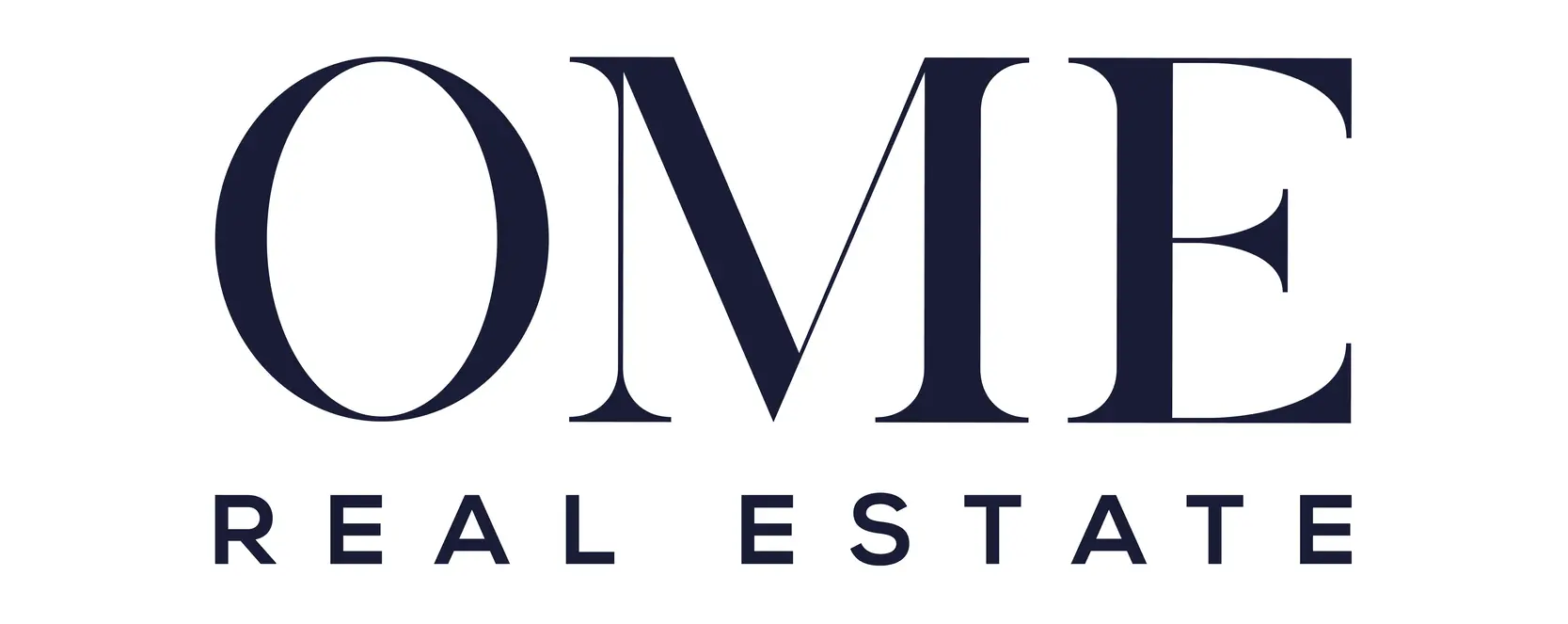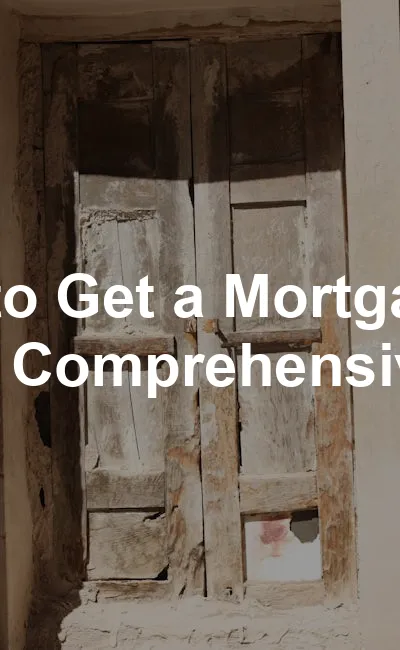Introduction
Getting a mortgage in Dubai can feel overwhelming. However, understanding the mortgage process is vital for both residents and non-residents. With a mortgage, you can finance your property purchase without needing to pay the entire amount upfront. This flexibility can significantly ease financial pressure and enable you to invest in your dream home.
Summary and Overview
Dubai’s mortgage landscape is diverse and dynamic. It offers various financial products tailored to different buyer needs. Securing a mortgage has several advantages over paying cash upfront. It allows you to leverage your investment while keeping your cash flow intact. Mortgages can also help you build credit history, an important factor for future financial endeavors.
In this guide, we will cover essential topics, including eligibility criteria, types of mortgages available, required documents, and the application process. By the end, you will have a clear understanding of how to navigate the mortgage process in Dubai effectively. Understanding the Dubai real estate market trends 2024 will also provide valuable context for your investment decisions.
Understanding the current trends in the Dubai real estate market can significantly aid your mortgage decisions. Dubai real estate market trends 2024
1. Eligibility Criteria for Mortgages in Dubai
1.1 General Requirements
To qualify for a mortgage in Dubai, you must meet certain criteria. First, applicants should be between 21 and 65 years old. This age range ensures that borrowers have a reasonable time frame to repay their loans.
Residency status plays a crucial role. UAE nationals generally have more options than expatriates. Expatriates can also access mortgages, but the eligibility criteria are stricter. Most banks require a minimum monthly income of AED 15,000 for salaried individuals and AED 25,000 for self-employed applicants. This income threshold allows banks to assess your ability to repay the loan effectively.
Additionally, banks may consider your credit score. A good credit history enhances your chances of approval and may secure you better interest rates. Understanding these criteria will help you prepare before applying for a mortgage.
1.2 Specific Requirements for Non-Residents
If you’re a non-resident looking to secure a mortgage in Dubai, be prepared for some unique challenges. While it’s entirely feasible, the process is more stringent compared to residents. Non-residents face higher deposit requirements and need to provide extensive proof of income.
Most banks typically require a minimum deposit of 25% for properties valued up to AED 5 million. For properties exceeding this amount, the deposit can jump to 30% or more. This means saving a significant amount before taking the plunge into the Dubai real estate market.
In addition to the deposit, non-residents must demonstrate a stable source of income. This often means providing bank statements, proof of employment, and financial documentation that showcases your ability to repay the loan. Many banks prefer applicants whose monthly income is at least AED 15,000. Self-employed individuals may need to show two years of business operation along with detailed financial records.
Be aware that not all banks offer mortgage products for non-residents. Therefore, researching lenders that cater specifically to foreign buyers is essential. Understanding these requirements will help you navigate the mortgage landscape in Dubai more effectively.
2. Types of Mortgages Available in Dubai
When considering a mortgage in Dubai, it’s crucial to understand the various types available. Each has unique features that cater to different financial needs and goals.
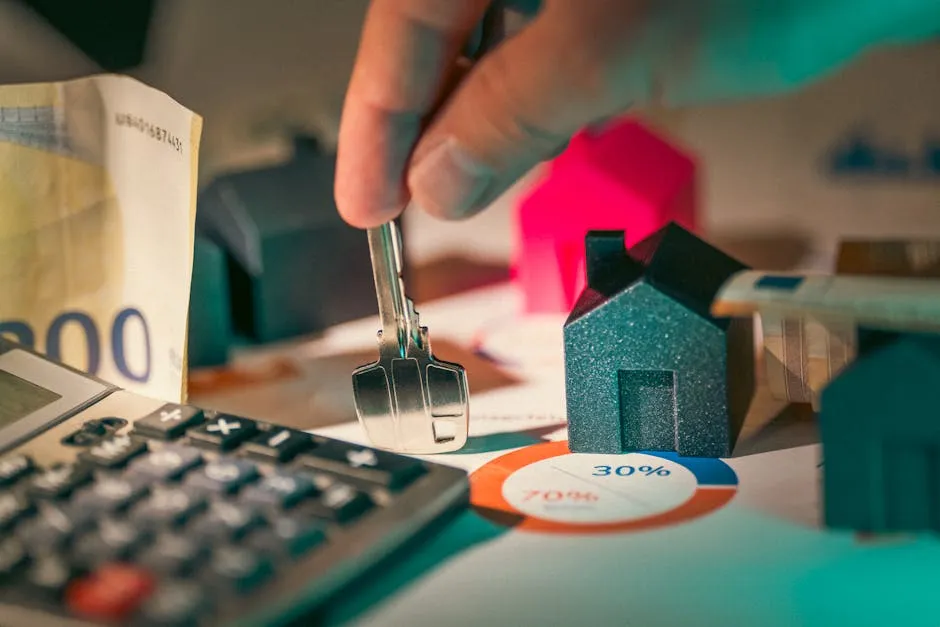
2.1 Fixed-Rate Mortgages
A fixed-rate mortgage offers stability with a consistent interest rate for a specified period. This means your monthly payments remain unchanged, making budgeting easier. If you prefer predictability in your financial commitments, this type is ideal.
2.2 Variable-Rate Mortgages
Variable-rate mortgages come with interest rates that fluctuate based on market conditions. While you may enjoy lower initial rates, be cautious. If interest rates rise, your monthly payments will increase, potentially impacting your budget. This option suits those who can handle some risk for possible savings.
2.3 Islamic Mortgages
Islamic mortgages adhere to Sharia law and do not involve interest payments. Instead, the lender purchases the property and sells it to you at a profit. This arrangement is beneficial for buyers seeking Sharia-compliant financing options.
2.4 Buy-to-Let Mortgages
Buy-to-let mortgages cater specifically to investors purchasing properties for rental income. These loans often come with higher interest rates and may require larger deposits. This type of mortgage is perfect for those looking to invest in Dubai’s thriving rental market.
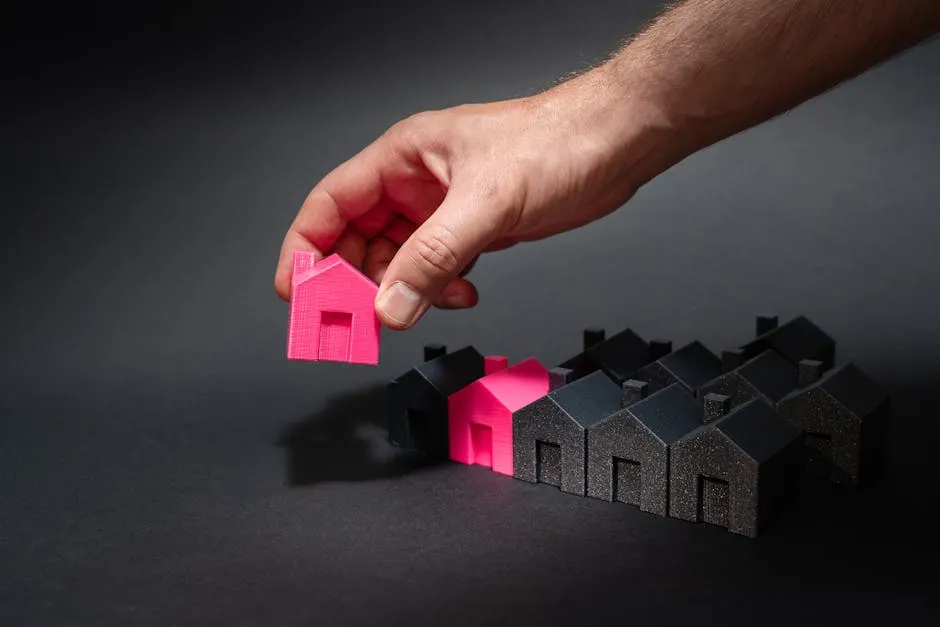
3. Required Documents to Get a Mortgage in Dubai
When applying for a mortgage in Dubai, having the right documentation is crucial for a smooth approval process.
3.1 For Residents
Residents typically need to provide several key documents, including:
- A copy of your passport and residency visa.
- Emirates ID.
- Salary certificate from your employer.
- Recent bank statements and payslips for the last six months.
- Proof of residence, such as a tenancy contract or a utility bill.
Having these documents ready will streamline your mortgage application process, ensuring you meet lender requirements effectively.
3.2 For Non-Residents
Navigating the mortgage landscape in Dubai as a non-resident requires specific documentation. It’s crucial to gather all necessary paperwork before starting the application process. Here’s what you need to prepare:
- Valid Passport: Your passport is essential as proof of identity.
- Proof of Income: This can include bank statements showing your income, tax returns, or a letter from your employer. Most banks expect a stable income, typically around AED 15,000 per month.
- Financial Records: If self-employed, you’ll need to provide your business license and at least two years of financial statements. This shows your ability to repay the loan.
- Proof of Residence: Although you may not reside in Dubai, banks often ask for documents confirming your current address.
- Credit History: A clean credit record is vital. Any outstanding debts or poor credit history may hinder your application.
- Property Details: Once you have a property in mind, you’ll need its details for the valuation process.
Having these documents ready can significantly streamline your mortgage application process.
4. The Mortgage Application Process
4.1 Step 1: Finding a Lender
Choosing the right lender is your first step. You can either approach banks directly or work with mortgage brokers. Banks often have set products, while brokers can shop around for the best deals. Brokers can save you time and effort by comparing various lenders and finding the most suitable mortgage option for your needs.
4.2 Step 2: Getting Pre-Approved
Once you’ve chosen a lender, obtaining a pre-approval letter is crucial. This document outlines your maximum borrowing limit and provides clarity on what you can afford. The pre-approval process typically takes 3-5 working days. Having this letter boosts your negotiating power with sellers, showing them you’re a serious buyer.
4.3 Step 3: Property Search
With your pre-approval in hand, you can begin searching for properties within your budget. Work closely with real estate agents who understand the Dubai market. Make sure to focus on properties that meet your criteria and are within the financial limits set by your pre-approval. Keep in mind that the pre-approval is usually valid for 60 to 90 days.
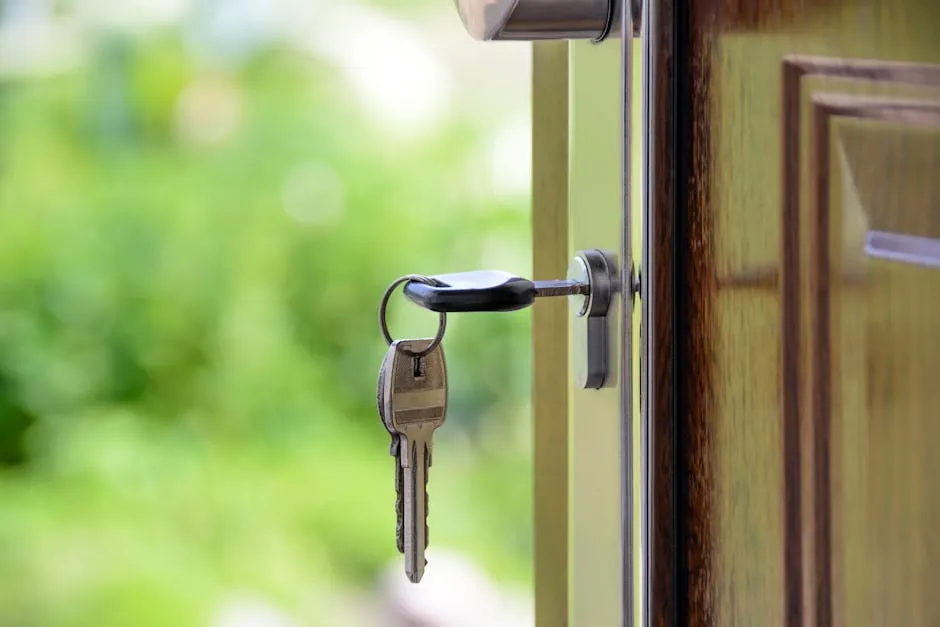
4.4 Step 4: Finalizing the Mortgage
After selecting a property, it’s time to finalize your mortgage. This involves several steps, including an official property valuation conducted by the bank. Once the valuation is complete and satisfactory, you’ll receive an offer letter. Review and sign this document to confirm the terms of the mortgage. Following this, you’ll need to sign the sale and purchase agreement, complete the necessary legal documentation, and pay your deposit. The bank will release the loan amount on the completion date of the property transfer.

5. Understanding Mortgage Fees and Additional Costs
5.1 Upfront Costs
Securing a mortgage in Dubai involves several upfront costs. The most significant is the down payment. For expatriates, this usually starts at 25% of the property value for homes priced under AED 5 million. UAE nationals benefit from a lower requirement of 20%. If the property exceeds AED 5 million, the down payment can increase to 30% for expatriates. This means saving a substantial amount before you even begin the mortgage process.
Understanding these requirements will help you prepare financially and avoid surprises when purchasing your dream home.
5.2 Additional Fees
In addition to the down payment, several fees may apply when obtaining a mortgage in Dubai.
- Processing Fee: Lenders typically charge a processing fee, ranging from 0.5% to 1% of the loan amount. This covers administrative costs associated with your application.
- Valuation Fee: Before approving your mortgage, banks require a valuation of the property. This fee can range from AED 2,500 to AED 5,000, depending on the property’s size and location.
- Registration Fee: The Dubai Land Department charges a registration fee of 4% of the property value, calculated on the purchase price. This fee is essential for officially transferring ownership.
Understanding these costs will ensure you’re financially prepared and can help you budget effectively for your new property.

6. Understanding Interest Rates and Loan Terms
6.1 Interest Rates
Interest rates for mortgages in Dubai can vary widely. As of now, rates typically range between 3% and 5%. Fixed-rate mortgages offer stability, while variable-rate options may initially be lower but can fluctuate. Factors influencing these rates include market conditions, the borrower’s credit score, and the lender’s policies. Staying informed about current trends will help you secure the best rate available.
6.2 Loan Tenure
Loan terms in Dubai generally range from 5 to 25 years. The tenure you choose will affect your monthly payments and the total interest paid over the loan’s life. Shorter tenures mean higher monthly payments but less interest overall. Conversely, longer terms reduce your monthly burden but increase total interest costs. Factors like age and income stability also influence the loan duration offered by lenders.
Understanding these aspects will aid you in making an informed decision about your mortgage.
7. The Role of Credit Score in Mortgage Approval
Your credit score is a crucial factor in obtaining a mortgage in Dubai. Banks use it to assess your creditworthiness and determine the interest rates you may qualify for. A higher score typically leads to better loan conditions, while a lower score may result in higher rates or even rejection.
Improving your credit score before applying for a mortgage can significantly enhance your chances of approval. Here are some tips to help you boost your score:
- Pay Bills on Time: Consistently paying bills by the due date can improve your score over time.
- Reduce Debt: Aim to lower your overall debt levels, focusing on paying off high-interest loans first.
- Limit New Credit Applications: Avoid applying for new credit cards or loans before your mortgage application. Each inquiry can impact your score negatively.
By taking these steps, you can enhance your credit profile and improve your mortgage application outcomes.
8. FAQs about Getting a Mortgage in Dubai
8.1 Can expats get a mortgage in Dubai?
Yes, expatriates can obtain a mortgage in Dubai. However, they must meet specific eligibility requirements. Typically, applicants should be between 21 and 65 years old. Banks usually require a minimum monthly income of AED 15,000 for salaried individuals and AED 25,000 for self-employed individuals. A good credit score is also crucial for approval. Some banks may ask for a higher deposit, particularly for properties valued over AED 5 million. Understanding these criteria helps streamline the application process.
8.2 What is the minimum deposit for a mortgage in Dubai?
The minimum deposit depends on your nationality and the property value. For UAE nationals, the down payment is generally 15% for properties valued under AED 5 million. Expats, on the other hand, typically need to provide a minimum of 20%. For properties exceeding AED 5 million, the deposit may rise to 30% for expats and 25% for UAE nationals. This requirement affects how much you need to save before buying a property.
8.3 How long does the mortgage process take?
The mortgage process can vary but generally takes around 10 to 15 working days. This includes obtaining pre-approval, which typically takes about 3 to 5 days. After you find a property, banks need time for valuation and final approval. Ensure all documents are ready to avoid delays. Being proactive and organized can significantly speed up the process, making your home buying experience more efficient.
Conclusion
In summary, navigating the mortgage process in Dubai is manageable with the right knowledge. Expats can secure mortgages by meeting specific eligibility criteria and understanding deposit requirements. The application timeline usually spans 10 to 15 days, so preparation is key. Always conduct thorough research and seek professional advice when considering a mortgage. For personalized assistance, reach out to mortgage brokers or financial advisors who can guide you through the process effectively.
Related Articles and Resources
- How to Purchase Property in Dubai
- Cost of Buying Property in Dubai
- Rules of Foreign Property Ownership in the UAE
Suggested Calls to Action
- Subscribe for more insights on real estate in Dubai.
- Contact a mortgage advisor for personalized guidance on the mortgage process.
Please let us know what you think about our content by leaving a comment down below!
Thank you for reading till here 🙂
All images from Pexels
